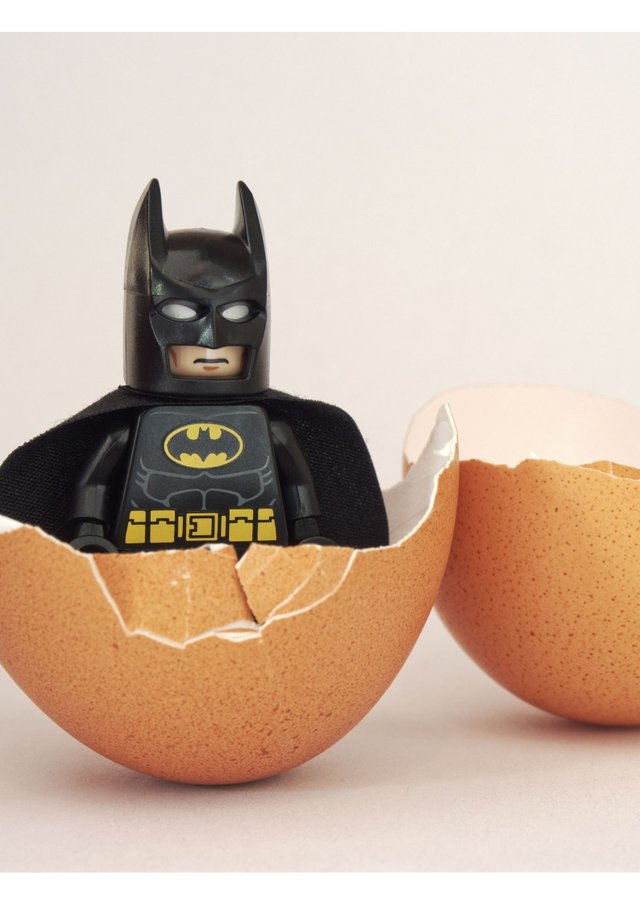Ectogenesis technology is not new in science, as evidenced by numerous studies including successful ectopic births. Despite the fact that human embryo experimentation is prohibited, the idea of fully artificial birth has prompted worries that it might radically alter our world.

Chinese scientists have created a system of artificial intelligence-enabled robots that look after embryos in artificial uteruses with a level of efficiency that is unmatched by humans. According to a study published in the Journal of Biomedical Engineering, its major goal is to make it easier to grow animal embryos for scientific purposes, but such an innovation might theoretically be utilized for human embryos as well.
Suzhou Institute of Biomedical Engineering and Technology scientists have already put the robot to the test on mouse embryos. The institute's artificial uterus is comprised of multiple channels filled with a nutrition mix into which embryos are implanted. Earlier, researchers had to manually monitor and document the embryo's condition while also regulating the robot's work.
The AI robot nanny is believed to keep an eye on embryos 24 hours a day, collecting ultra-clear photos with a system of sensors and lenses and controlling temperature, air supply, water, and nourishment in real time. AI can also detect whether embryos are dysfunctional or dying, allowing them to be eliminated from the artificial uterus as soon as possible.
Researchers expect that the technology will aid in the study of embryonic development and the occurrence of birth abnormalities.
Scientists from all over the world have made significant progress toward developing a fully functional artificial uterus. Researchers from Beijing succeeded in bringing a fertilized monkey egg into the stage of creating organs without the presence of the mother's body in 2019. Israeli researchers have also successfully produced mouse embryos for half the gestation period.
Clinical studies involving human babies, however, are still a long way off, according to experts. Artificial uterus technology is currently being studied as a means of resolving the problem of premature babies by keeping them in conditions that mimic the uterus rather than in an open environment. However, additional research is required before such advancements may be implemented.
"Anyone who says they'll do it in two years either has a lot of private information or is a bit sensational," said Matt Kemp, head of the perinatal lab at the Women's & Infants Resource Foundation (WIRF) in Western Australia. "All previous research has been conducted on fetuses obtained from healthy pregnancies."
He asserts that "This is simply not the situation with a 21 or 22-week-old human fetus. These aren't going to be healthy children. Bringing this into the clinical application will be quite tough."
My first post :)
Downvoting a post can decrease pending rewards and make it less visible. Common reasons:
Submit